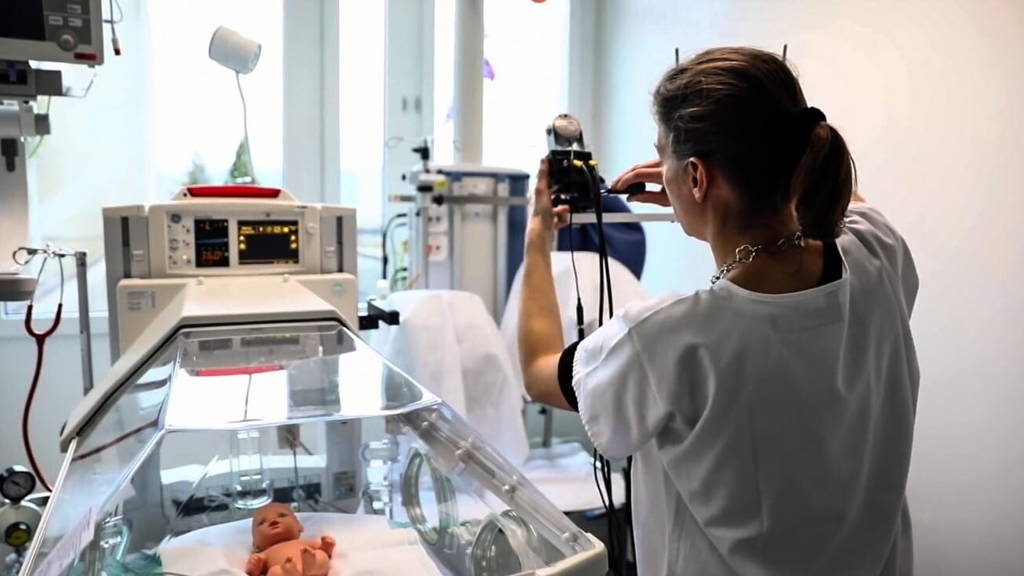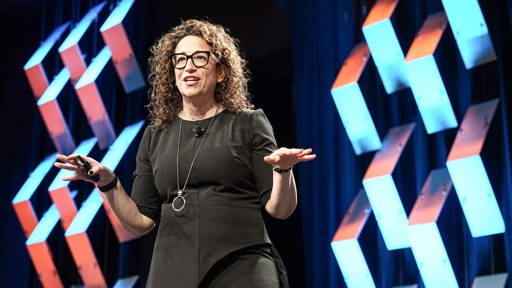7-8% of babies born is welcomed to the world a bit too early. These are premature babies, who spent their first days or weeks in a neonatal incubator at the Neonatal Intensive Care Unit (NICU). NICU is not typically a nice place to be, for parents and babies alike. Parents will have to see their new-born hooked up to machines, monitors and skin sensors. Scientists at Switzerland's EPFL and CSEM research institutes strive to make this time more baby-friendly by replacing skin sensors with a wireless camera system.
According to the researchers, the system should be more reliable than the skin sensors used now. These skin sensors result in false alarms quite frequently, since they respond to the baby just moving around. This is not only inconvenient to both parents and baby; it’s also a poor use of the nurses’ time. They have to perform checks on the baby every single time, which reduces the time they can spend on real emergencies.
The images are analysed by an algorithm, which decides whether or not the pulse and breathing are within acceptable parameters. If they’re not, an alarm sounds. The technology has been successfully tested on adults. The researchers will test the system with premature babies at University Hospital Zurich.
###UHZ###
Fewer false alarms
The highly-sensitive cameras track an area on the infant's forehead to monitor the baby’s heartrate. With every heartbeat, the skin of the baby slightly changes colour. Imperceptible to the human eye, but the cameras are able to pick it up.According to the researchers, the system should be more reliable than the skin sensors used now. These skin sensors result in false alarms quite frequently, since they respond to the baby just moving around. This is not only inconvenient to both parents and baby; it’s also a poor use of the nurses’ time. They have to perform checks on the baby every single time, which reduces the time they can spend on real emergencies.
Infrared cameras and algorithms
With the camera system, no physical contact is required. The camera system even picks up on breathing, by monitoring movement of the shoulders and thorax. Infrared camera’s take over at night, which makes it possible to carry out monitoring non-stop.The images are analysed by an algorithm, which decides whether or not the pulse and breathing are within acceptable parameters. If they’re not, an alarm sounds. The technology has been successfully tested on adults. The researchers will test the system with premature babies at University Hospital Zurich.
###UHZ###








